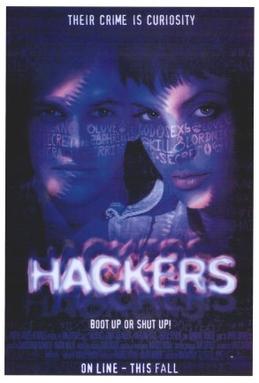This fascinating thread about music theory on Hacker News showed up recently in my blog pingbacks.
Two posts in particular caught my eye. First, kev6168 had this eminently reasonable request:
I wish there is a lecture in the format of “One hundred songs for one hundred music concepts”. The songs should be stupidly simple (children’s songs, simple pops, short classical pieces, etc.). Each lesson concentrates on only _one_ concept appeared in the piece, explains what it is, how it is used, why it is used in that way, and how its application makes nice sound, etc. Basically, show me the _effect_ for each concept in a simple real world setting. Then more importantly, give me exercises to write a few bars of music using this concept, no matter how bad my writings are, as long as I am applying the new knowledge…
[A]rmed with only a few concepts, a newbie [coder] can start to write simple programs from the very beginning, in the forms of piecemeal topic-focused little exercises. The result of each exercise is a fully functioning program. I wish I can find a similarly structured music theory course that uses the same approach. Also, are there projects in music which are similar to ProjectEuler.net or the likes, where you can do focused practice on specific topic? I would be happy to pay for those services.
This represents a pedagogical opportunity, not to mention a market opportunity. The NYU Music Experience Design Lab is hard at work on creating just such a resource. It’s going to be called Play With Your Music: Theory, and we hope to get it launched this summer. If you want to help us with it, get in touch.
Deeper in the thread, TheOtherHobbes has a broader philosophical point.
Pop has become a massive historical experiment in perceptual psychology. The most popular bands can literally fill a stadium – something common practice music has never done.
While that doesn’t mean pop is better in some absolute sense, it does suggest it’s doing something right for many listeners.
If your training is too rigidly classical it actively stops you being able to hear and understand what that right thing is, because you’re too busy concentrating on a small subset of the many details in the music.
This is a point that I spend a lot of energy pursuing, but I hadn’t explicitly framed it in terms of perceptual psychology. It gets at some bigger questions: Why do people like music at all? Even though pop can indeed draw huge crowds, it’s mostly a recorded art form. How does that work? What does it mean that we’re so attracted to roboticized voices? A lot to think about.

